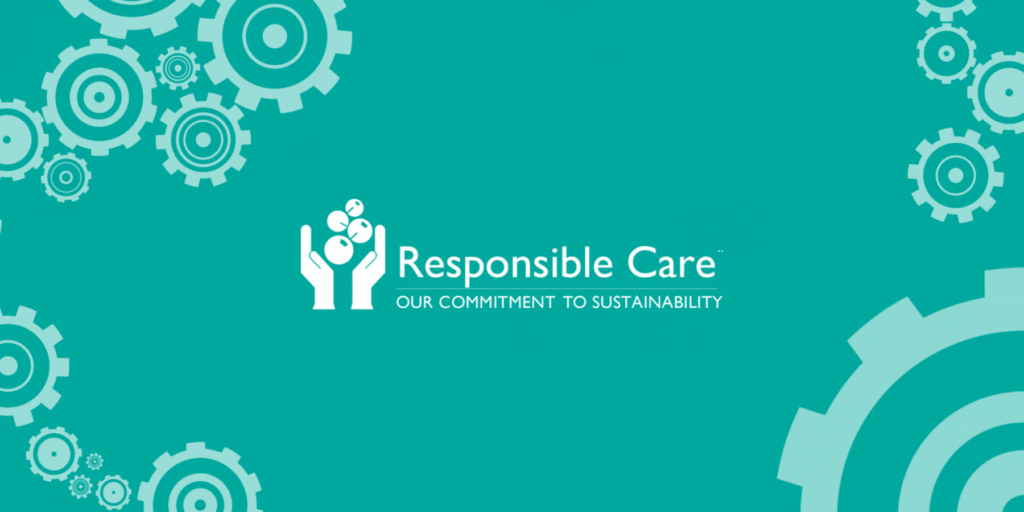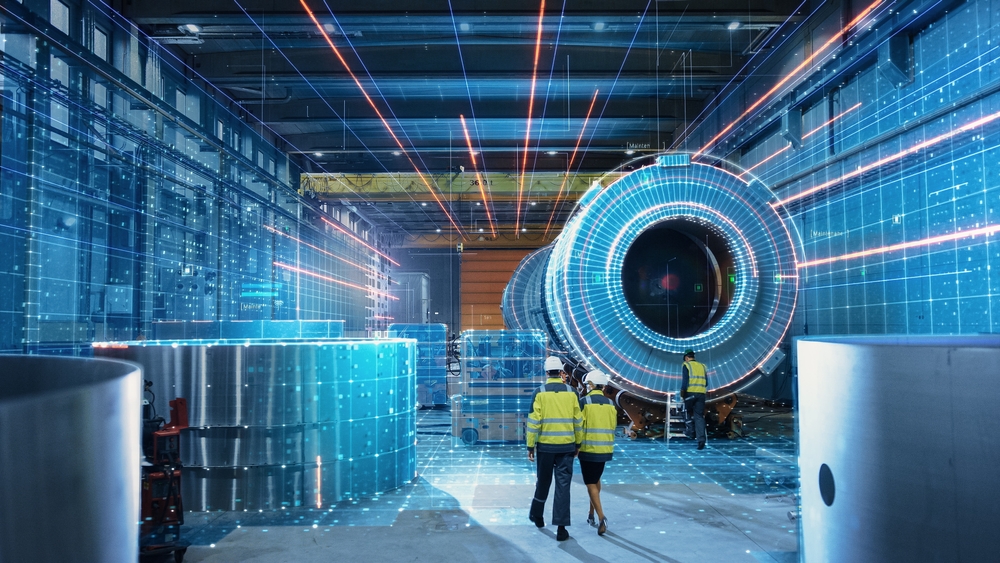The European Responsible Care® Awards 2024
This year Responsible Care Awards are supporting the key themes of the Antwerp Declaration for the European Industrial Deal; building a competitive, resilient and sustainable future

The 2024 Responsible Care Awards® will highlight projects and initiatives that are shaping the future of the chemical industry in Europe. Over five categories, the spotlight will be given to leading organisations who are seen as driving forward the EU chemicals industry in championing the ambitions outlined in the declaration. All valid submissions will be recognised. The application is now closed and winners will be disclosed in October. Stay tuned !
The categories
HIGH QUALITY JOBS IN EUROPE

Skilled Workforce
Initiatives that demonstrate the organisation’s efforts to adapt its workforce to the challenges of industry’s transition e.g. resources efficiency, climate adaptation and digital transformation. This includes fostering a culture of continuous learning to re-skilling and up-skilling of the workforce and showcasing the benefits of staff attraction, retention, employability and productivity.
TIME FOR CHANGE

Circularity and Climate neutrality
Initiatives that demonstrate efforts to reduce the use of non-renewable resources during production and ensuring the chemicals are recyclable by design. Implementing energy-efficient technologies and industry processes, exploring renewable and low-carbon energy sources, and exploring alternative feedstocks.
Digitalisation & Innovation
Initiatives that successfully leverage digitalisation to optimise processes, enhance operational efficiency, and foster innovation across various facets of chemical production and supply chain management. Initiatives that deploy digital technologies such as artificial intelligence, robotics and Distributed ledger technologies (DLT) like blockchain, amongst others. Projects that demonstrate the business benefits of innovation, the novelty value and, the acceleration of the industry’s transformation through digital technologies implementation all towards sustainable and circular economy.
Transition to safe and sustainable chemicals
Initiatives demonstrating a commitment and achievements in promoting and implementing innovative/breakthrough chemical safety practice, such as risk assessment, adequate occupational training, chemical labelling and documentation of chemical inventories, safety data sheets, etc. Enhancing workplace safety, minimising environmental impact, and ensuring the responsible and secure handling, storage, and disposal of chemicals. Dedication to continuous and innovative safety culture to bring the chemical industry to the next performances stage (Goal Zero Accident). Projects and initiatives towards developing and bringing to the market safe and sustainable chemicals, materials, products, processes, and services.
IMPROVING EUROPEAN COMPETITVENESS

Innovative projects
Companies that have made significant investments in new/innovative facilities, research and development, technologies, or projects which aim at advancing sustainability. Initiatives that drive economic growth, create jobs, and contribute to the development of innovative products, processes, or services that helps solve today’s societal challenges such as climate change, water conservation, environmental improvement, etc.
Partnerships
Initiatives showing all kinds of successful collaboration related to one the above categories, like value chain partnerships, cross industry alliances, working with universities/academia/schools or NGOs and the community, etc. to sharing skills, information and knowledge to support each other and achieve a collective goal in the country/in Europe and in other regions.
PROCESS SAFETY AND CYBER SECURITY ENHANCEMENT

Process safety and cyber security
Initiatives integrating safety and cybersecurity European NIS Directive principles into organisational culture, processes, and systems for managing risk and safeguarding critical assets and infrastructure in the chemical industry. Examples of enhanced process safety implemented can include effective communication across the site or the organisation, appropriate level of process safety competency and knowledge of the staff, improvement of safety performance resulted from innovation and drive for continuous improvement, share good practices to other organisations, etc. Examples of cybersecurity enhancement can include culture of security development, cooperation, sharing good practices and dissemination lessons learned between stakeholders.
SME CATEGORY

Big projects in small companies
This category will allow SMEs to participate and apply in the above category/ies and not to compete their project/s with multinationals.
Discover the 2023 winning projects
This year awards recognised our industry’s efforts to go climate neutral, circular, digital and transition to safe and sustainable chemicals. And the recognition to the excellent efforts of all the leading companies who are driving forward the EU chemicals industry in its transition to 2050.